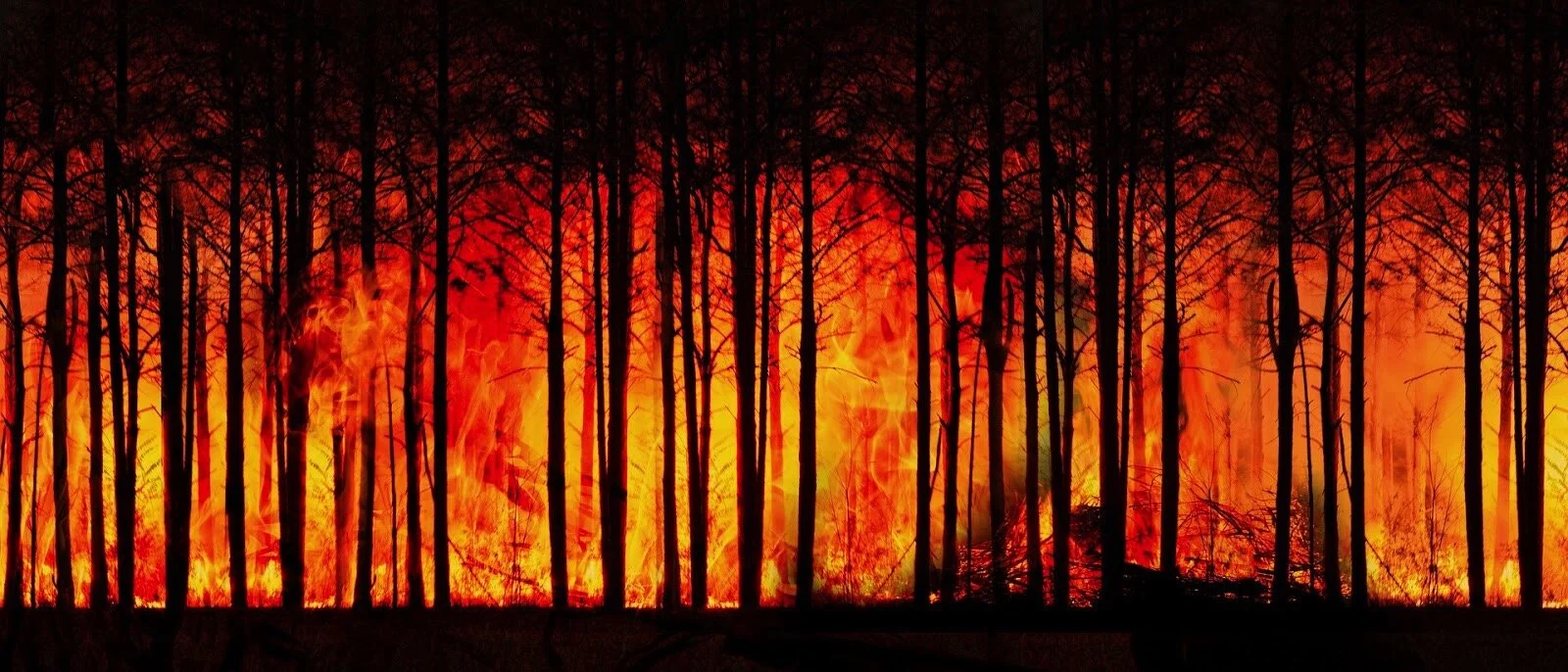IFLA declares a climate and biodiversity emergency
Image Credit: Geralt and PixaBay
The International Federation of Landscape Architects (IFLA) has declared a Climate and Biodiversity Emergency at the IFLA World Congress in Oslo, Norway.
The move comes following the unanimous support of the 77 voting nations and it maps out an action plan of what IFLA will do in response to the issues the globe is facing.
“The earth has continued to experience record breaking temperatures, rapid glacial and artic sea ice loss, drought and wildfires and repeated extreme weather events,” said IFLA President, James Hayter.
“Climate change has already significantly affected the majority of terrestrial, freshwater and marine ecosystems and species.”
“By declaring an emergency we’re adding to the voice of IFLA to the growing list of organisations across the globe who are demanding more action.”
“We’re excited by the overwhelming support that our member nations have shown for the declaration. It will take a coordinated and immediate response by everyone.”
“Landscape architects must take leadership in this era of climate change. We must stand up for the values upon which our profession is founded. We have the skills and the belief. The world needs and depends on us to help with the issue.”
The ClimateACTION! Plan outlines an engagement model with members, partners, allied professions researchers and educators, to bring about a programme of real change.
In addition to the IFLA ClimateACTION! Plan, IFLA and its Members commit to:
Advocating at the global level of government and decision making forums for recognition of the Emergency, action to implement needed changes to policy and practice, and allocation of sufficient resources to respond in a timely and productive manner.
Working with national associations to update ethical standards and codes of conduct to align with the UN Sustainable Development Goals 20306 and environmentally responsible use of resources.
Partnering with corporate, academic, NGO colleagues in support of IFLA efforts to advocate for immediate action.
Partnering with suppliers to improve industry standards and practice.
Reducing our own carbon footprints, through changes in materials, design practice, travel and operations.
Providing paths to improved understanding and access to training, tools and guidance on emerging science, climate positive design and environment net gain.
Read the full declaration here.
Find out about the work of the IFLA Climate Change Working Group here.

